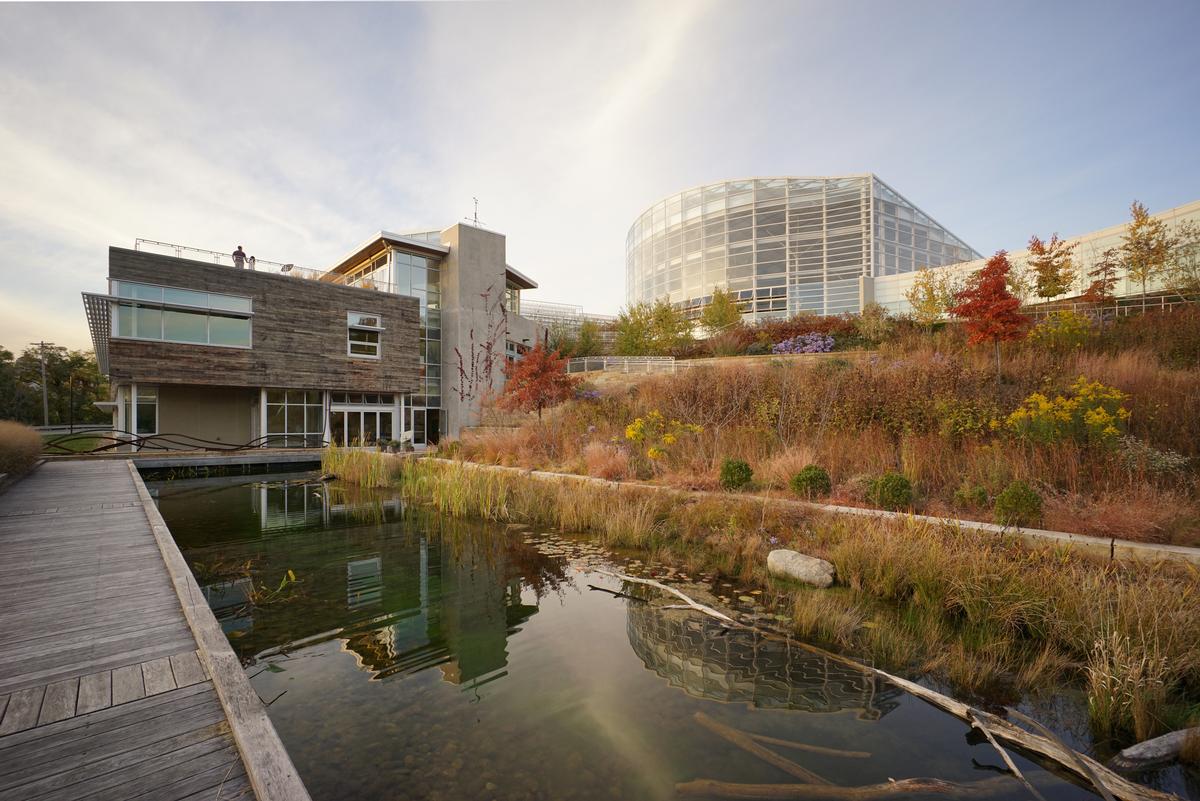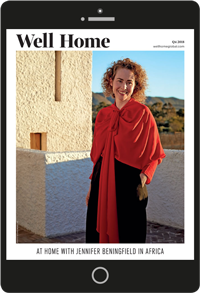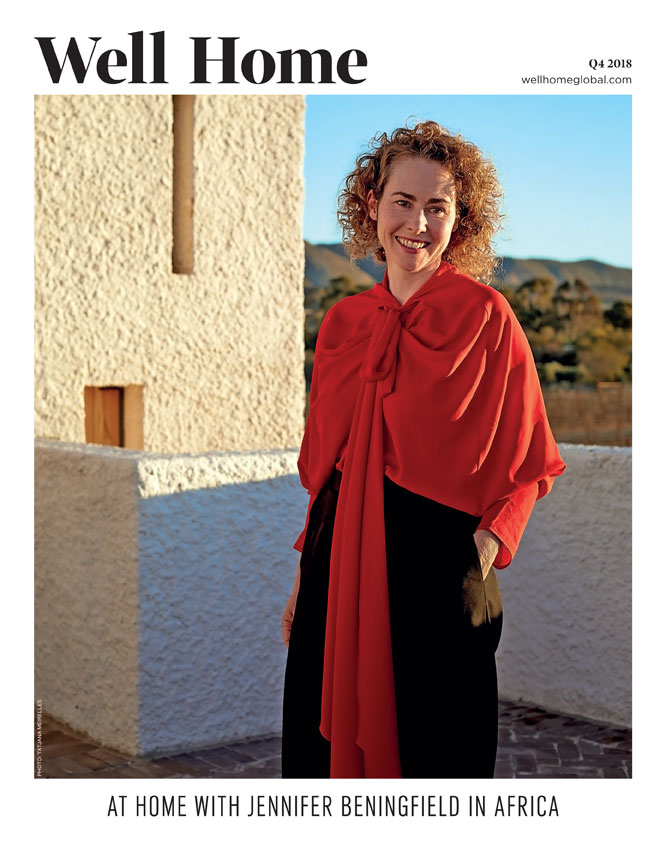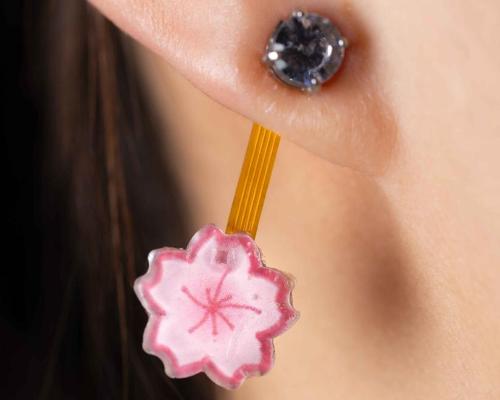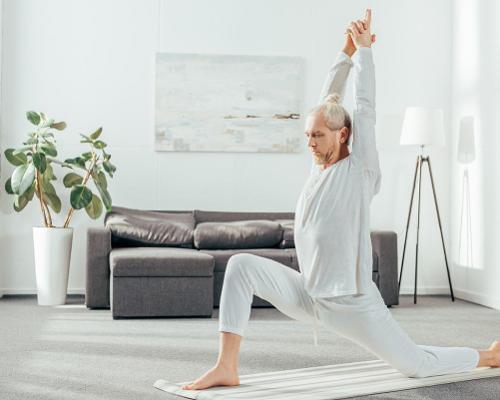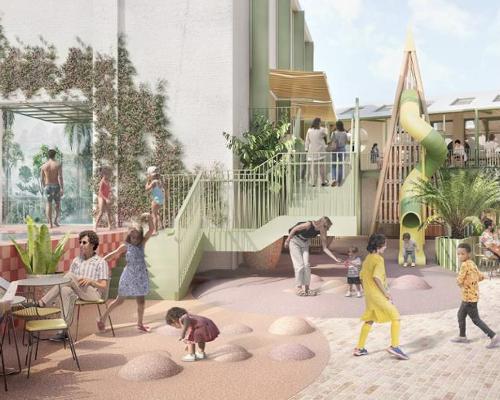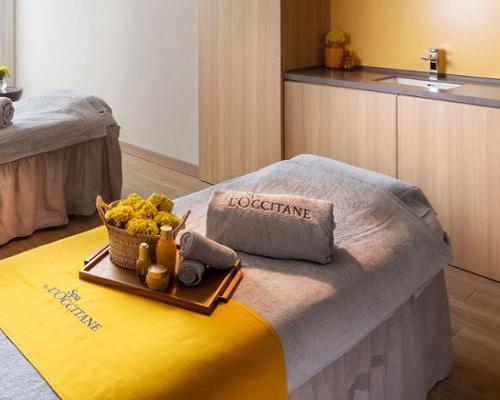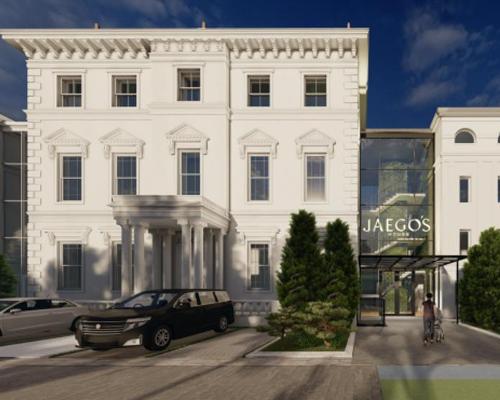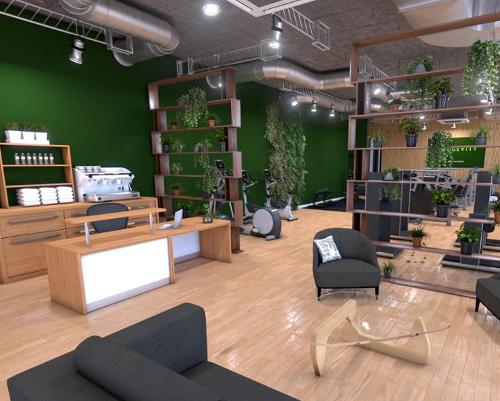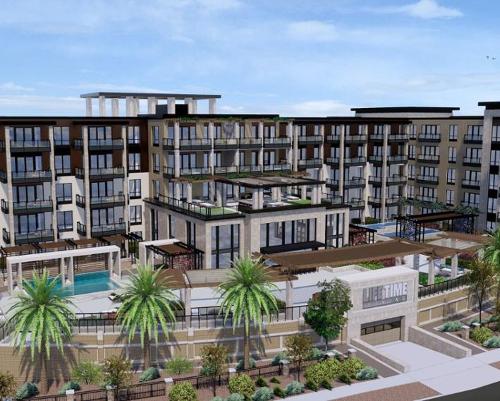The International WELL Building Institute (IWBI) and the American Society of Interior Designers (ASID) have today (14 June) announced a partnership to accelerate the integration of health and wellness in the built environment.
In a bid to engage the interior design community in the drive, ASID will educate its 25,000 members in the US and Canada on the principles, practices and applications of the internationally recognised WELL Building Standard accreditation.
The standard, which is administered by IWBI, is a performance-based system for measuring, certifying and monitoring features that impact human health and well-being through air, water, nourishment, light, fitness, comfort and mind.
The Phipps Conservatory and Botanical Gardens was the first leisure institution to receive WELL Certified Platinum accreditation, which was awarded for its Center for Sustainable Landscapes, created by The Design Alliance Architects.
As part of the new partnership, ASID will challenge its members to develop their own innovative wellness-friendly design solutions. It will also collaborate with IWBI to generate further research on how the built environment impacts the quality of our lives.
“Interior design has the power to impact our health and wellness in a tremendously positive way,” said IWBI founder Paul Scialla, who is also CEO of wellness real estate and technology firm Delos. “This partnership will help further engage this important community of designers, which is critical to the global awareness of the importance of health and wellness in the built environment.”
ASID CEO Randy Fiser added: “By aligning with IWBI, we reaffirms our commitment to demonstrate that interior design can improve people’s lives. Our partnership goes beyond a statement of mutual support.
“We will continue to work with and through our members, the broader design community, and their clients to advocate for the integration of health and wellness in all spaces, buildings and communities. Our office will be a living laboratory – a tool to advance research and education around health, wellness, and well-being.”



